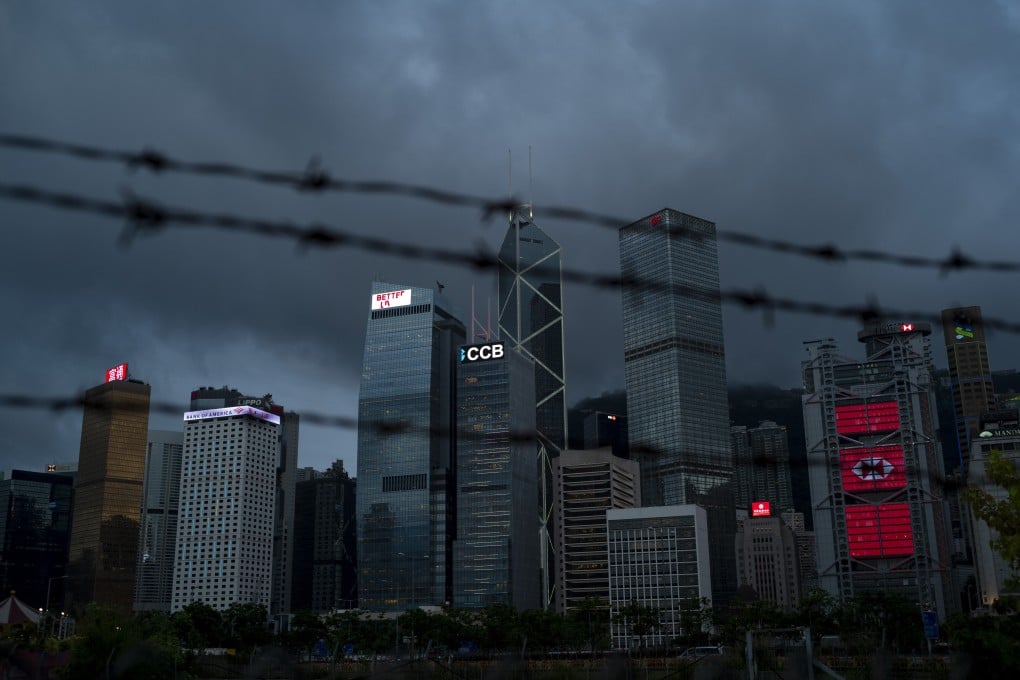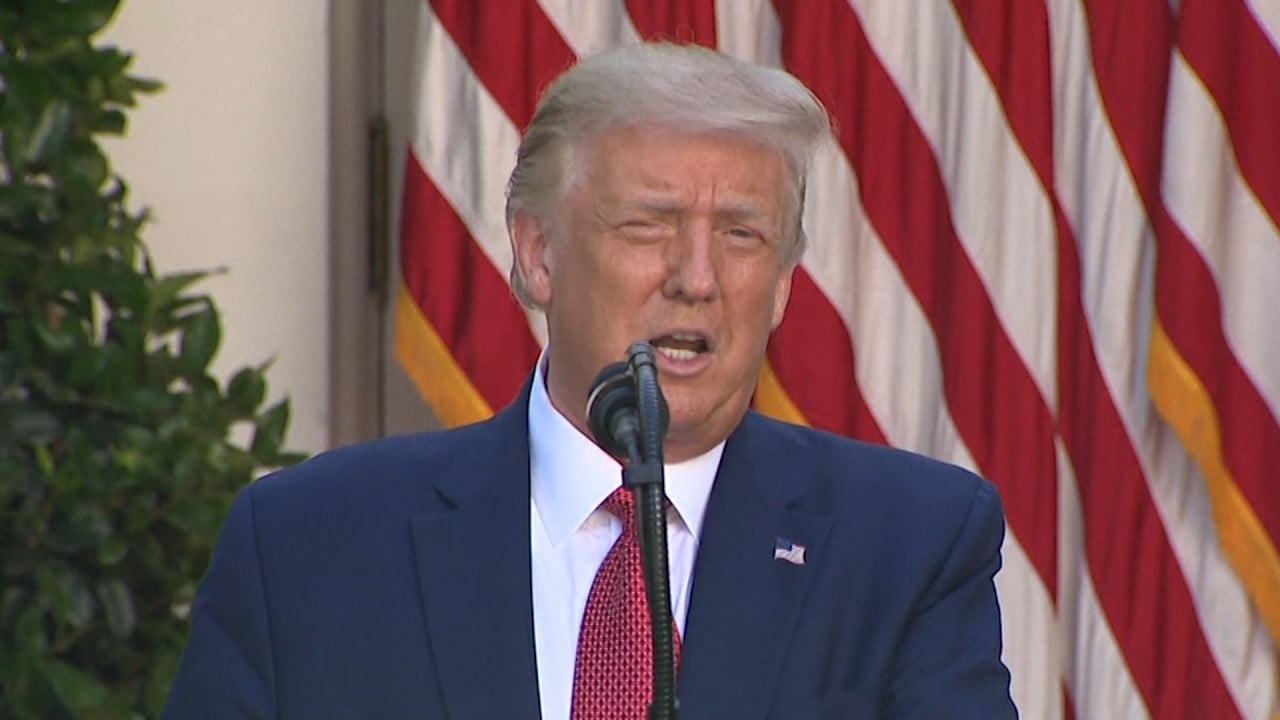Advertisement
The View | For all the bluster, Donald Trump’s Hong Kong sanctions may not amount to much
- A sanctions war seems to be brewing between the US and China. But on closer inspection, some US measures may be rather symbolic. Notably, the Trump administration has decided against a drastic move to undermine the Hong Kong dollar peg
Reading Time:4 minutes
Why you can trust SCMP

With the US-China relationship growing more tense, Hong Kong finds itself caught between superpowers engaged in a game of tit-for-tat escalation. Businesses in Hong Kong are particularly concerned about pending US sanctions and whether they will threaten Hong Kong’s status as a global financial hub.
Advertisement
The current state of play is as follows: on July 14, US President Donald Trump signed into law the Hong Kong Autonomy Act, which authorises targeted sanctions on officials and other “foreign persons” responsible for actions that US policymakers view as contravening Hong Kong’s Basic Law, and the 1984 Sino-British Joint Declaration. The act also includes a menu of sanctions against financial institutions that conduct “significant transactions” with those people.
Trump simultaneously issued an executive order revoking the preferential treatment Hong Kong had enjoyed since the handover.
Widely overlooked was Trump’s invocation of the International Emergency Economic Powers Act, which allows him to declare a “national emergency” with respect to Hong Kong in order to bolster the sanctions laid by Congress in the Hong Kong Autonomy Act.

02:09
Trump signs Hong Kong Autonomy Act, ends city’s preferential trade status over national security law
Trump signs Hong Kong Autonomy Act, ends city’s preferential trade status over national security law
This enables the president to direct the State Department and the Treasury Department’s Office of Foreign Assets Control to add Chinese and Hong Kong individuals and entities to the List of Specially Designated Nationals, popularly known as the SDN list.
Advertisement

Advertisement

